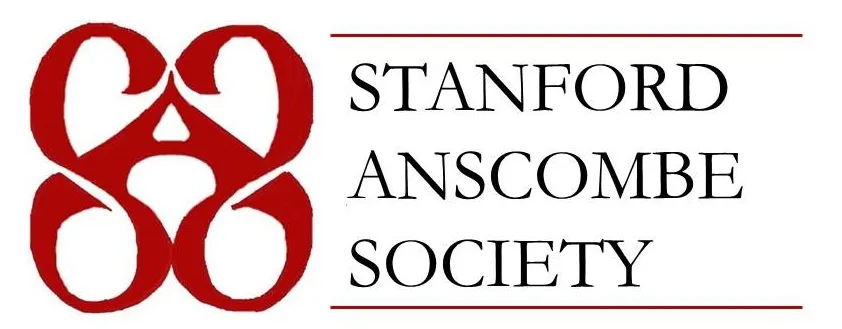Table of Contents
On Saturday, April 5, the Stanford Anscombe Society (SAS) held its controversial “Communicating Values Conference” on marriage, family, and the media. The conference featured prominent pro-traditional marriage scholars such as Ryan T. Anderson and Sherif Girgis, the authors of the book What is Marriage? Man and Woman: a Defense.
Both the group and the event came under heavy scrutiny after the Graduate Student Council (GSC) revoked $600 in funding for the conference, which queer graduate student group GradQ and others referred to as “dangerous” and “anti-LGBT.”
The March 12 council meeting that revoked the group’s funds generated so much interest that the meeting was moved to a larger room to accommodate the hundred or so attendees. During the lengthy debate between protesters and SAS members and sympathizers, some expressed concerns that the conference advocated stripping rights away from a minority group. Still others argued that the conference caused Stanford to be an “unsafe place” for members of the LGBTQ community.
One GSC member, Eduardo González-Maldonado, claimed that according to an “explicit funding guideline” the council could not fund any event that made anyone feel “unwelcome or uncomfortable.” Ben Holston, Chair of the Undergraduate Senate, said that any attempt to label the conference as anything but discriminatory was “off-base” and that the event was “unacceptable” on the Stanford campus. Others felt that the very idea that people would be trying to better articulate their position in favor of traditional marriage was “scary.”
Another participant stated: “…[P]ublic schools cannot deny student group funding based on viewpoint, but enforcing viewpoint neutral policy that denies funding for hate speech is an entirely different ballgame. Even if Stanford was a public university, it would be perfectly legal to deny funding to events that make the LGBT community feel unwelcome.”
Others including one a member of the LGBTQ community and a few unaffiliated with the Stanford Anscombe Society defended the event, stating that it was “defaming” to say that some would be hurt by the mere expression of an idea. A second-year Stanford law student said it was “troubling when people cannot tolerate dissent”. The student went on to say that if people are wrong, the best solution is to bring them to the table and explain where they’ve gone astray, not hold them from talking.
The event drew even more national media attention when the University required SAS to pay a $5600 security fee for the event. Judy Romea, co-president of SAS, decried the security fee as a “free-speech tax.” Numerous publications including The American Conservative, National Review Online, and The Heritage Foundation, a conservative think tank where Anderson works as a fellow voiced their disapproval. Romea even made a guest appearance on FOX News to elaborate on the situation.
SAS protested the fee, and on March 20, the Foundation for Individual Rights in Education (FIRE) sent a letter addressed to President John Hennessy and the GSC, stating, in part, that “Underlying this objection to the conference appears to be the pernicious idea that students have a right to be protected from encountering ideas with which they disagree—an argument that our national commitment to freedom of expression utterly rejects … A true commitment to the free and unfettered exchange of ideas—a commitment necessary at institutions that, like Stanford, seek to provide students a modern liberal arts education—is completely incompatible with any recognition of an illusory right to be free at all times from expression that offends our sense of right and wrong. Those who argue otherwise hurt the students they claim to be helping by indulging this mistaken notion.”
Less than 24 hours after SAS had submitted their original letter, Stanford lifted the hefty security fee, stating that they had “found” more funds for the conference. In response, Romea stated “We are delighted that Stanford University has demonstrated its continuing commitment to free speech by providing appropriate security for our event, rather than forcing us to pay for our own safety on campus.”





